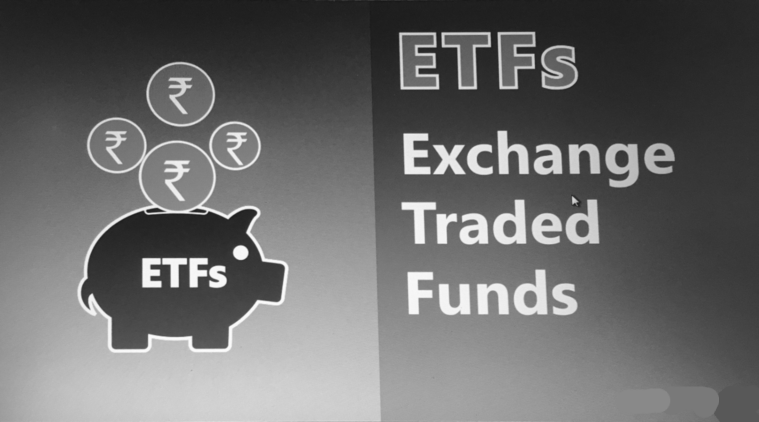
What is an ETF – Should I buy one?
There are numerous ways to diversify and build a strong financial portfolio. If you are looking for one such investment opportunity, ETFs or Exchange Traded Funds might be the right choice for you. But, before getting started with ETFs, you need to dive a little deeper and understand What an ETF is? How to buy ETF in India? For whom are ETFs suitable? Should you put your hard earned money in it?
Let’s look for an answer to these simple yet important queries that shall surely guide you in taking the correct financial decision.
What is an ETF or Exchange Traded Fund?
Exchange Traded Funds or ETFs are the index mutual funds that are listed and traded on stock exchanges just like shares. You can buy or sell ETFs at the prevailing market price and in the same manner as you do with stocks. So, Indian ETFs are funds that track an index like Nifty, Sensex or BSE to reflect its performance.
In simple words, we can consider ETFs as a basket of stocks that you can buy or sell on real time basis and at a relatively lower cost. So, ETFs let you enjoy the flexibility of a stock plus the diversification of an index fund. Simply stating, it’s a passive approach to investing in equities.
The ETFs can be in the form of Equity ETFs, Debt ETFs, Commodity ETFs or Overseas ETFs.
Open Trading Account Now
To Start Investing In ETFs
Also Read: Decoding Arbitrage Funds
Exchange Traded Funds: Features & Benefits:
- ETFs can be bought and sold like shares anytime during the market hours. So, these are liquid investment products that provide constant inflow and outflow of funds.
- These funds are traded at a price close to the actual fund’s Net Asset Value. The price of the ETFs keep fluctuating throughout the trading day.
- The expense ratio is usually lower in ETFs. The low distribution and other operational costs make this an attractive option for investors.
- The tracking error of ETFs is generally lower due to the in-kind creation and redemption facility. Passive management of funds makes it further easier for the investor to know actual ETF performance.
How can I buy ETF in India?
Before you begin investing in ETFs, you are required to:
1. Open a share trading account with a registered stock broker and
2. Get a Demat Account to hold your ETF units.
These days it’s quite easy to open a two in one online share trading and demat account. You have to be KYC compliant and submit the necessary documents to the stock broker. Once all the formalities are completed, you can buy and sell ETFs through your online trading account.
You can invest your money in ETFs through your stock broker telephonically or by placing orders through online trading terminal. Don’t forget to inform the stock broker about your trade specifications, if any.
For whom are ETFs suitable?
Large institutional players and FIIs seeking effective asset allocation have played a vital role in the growth of ETFs in India. Gradually, small institutional and individual investors have also started taking keen interest in Exchange traded funds.
For passive investors looking for long term investments, you may consider ETFs as a feasible option. So, if you are a retail investor having a long term investing goal, this can offer you some diversifying opportunity. For the short term investors, ETFs are a good way to access liquidity by trading near NAV. For arbitrageurs, you can easily use ETFs to arbitrage the Futures and Cash Market.
So, Exchange traded funds provide exposure to wide segments of equity markets. These may suit a variety of investors thereby aligning to their financial objectives, risk affordability and investment horizon.
Also Read: Equity in Debt – Decoding GILT funds
Start Investing In ETFs With Best Stock Broker
To Conclude:
ETFs are listed on well regulated stock exchanges. The transparency and convenience of investing in ETFs makes it a resourceful and appropriate product to invest across different asset classes.
Globally, ETFs have raced ahead in popularity owing to their simple structure and cost effectiveness. The developed markets have already seen these exchange traded funds enticing a large number of investors. However, the Indian ETF market is still at a nascent stage trying to establish its hold and advance ahead smoothly.
Although ETFs provides a good investing alternative, but, you should not go overboard. Invest cautiously and only if you gain requisite knowledge else take the help of an expert.
Do you wish to be a part of this emerging ETF market? What do you prefer: Active mutual funds or passive funds like ETFs? Do share your opinion and feedback on the same.
[email-subscribers namefield=”NO” desc=”Subscribe now to get latest updates!” group=”Public”]

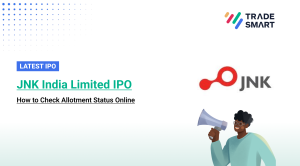
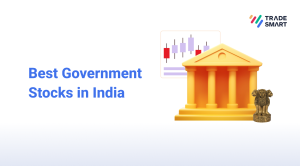
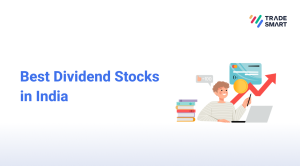

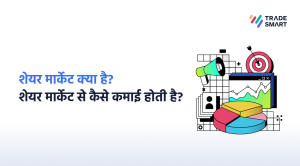
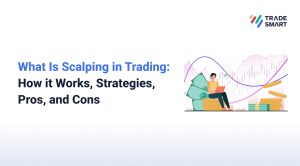
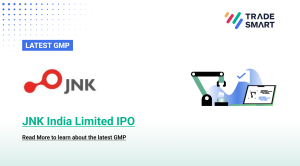

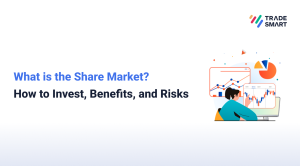

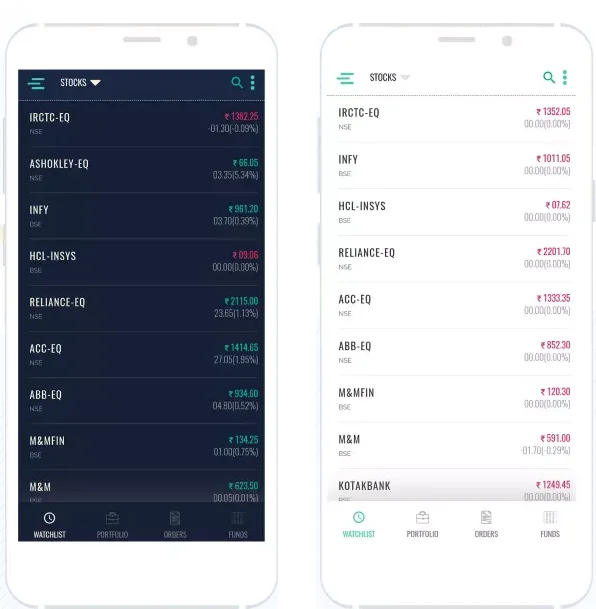

[…] Also Read: What is an ETF – and should I buy one? […]